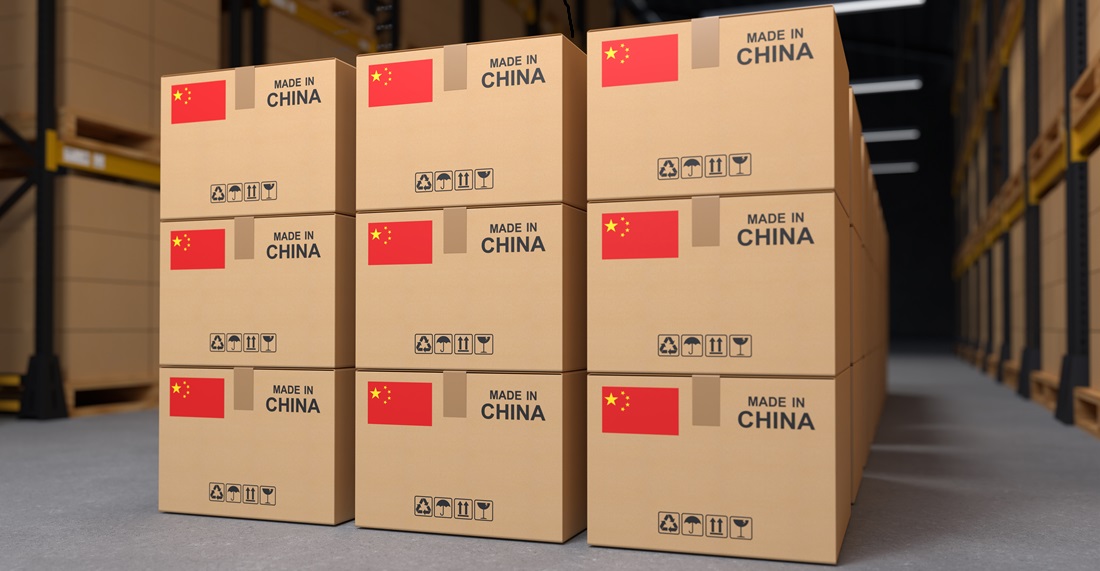
Experts foresee new record in Brazilian exports to China in 2024
Mar, 07, 2024 Posted by Gabriel MalheirosWeek 202410
In 2023, Brazilian exports to China reached $104 billion, marking the highest value ever sold by Brazil to a single country and the fourth consecutive record in the Sino-Brazilian trade relationship. Last year, the volume of exports of some products destined for the Asian country also hit records, such as iron ore, soybeans, and corn.
For 2024, the year Brazil and China celebrate 50 years of diplomatic relations, trade prospects are promising and could generate even higher export volumes to the Asian country, according to representatives from the main exporting sectors who gathered at the webinar “Record years: the future of Brazil’s exports to China,” hosted by the Brazil-China Business Council (CEBC) last Tuesday.
China is a key country for Brazil’s mining sector. “Out of the 380 million tons of iron ore exported by Brazil in 2023, 242 million tons were destined for China, and of that total, 76% was sold by Vale,” pointed out Gustavo Biscassi, Head of External Relations at Vale.
He believes that despite China facing economic challenges, the iron ore market will perform well in 2024, driven by the recovery of the industry, investments in infrastructure, and even the decarbonization policies implemented by Beijing, which require steel.
Little diversity in exports
Agribusiness is another essential sector in the Brazil-China relationship, as the majority of the sector’s exports are destined for the Asian country. “Currently, there is a significant concentration in a few agricultural products, although we have a great diversity of production that could be explored to introduce new items into the export agenda to China,” said Sueme Mori, Director of International Relations at the Brazilian Confederation of Agriculture and Livestock (CNA).
In her opinion, it is important for Brazil to maintain the current agenda while seeking to diversify products. China is moving towards increasing national production of strategic agricultural products and diversifying suppliers, but the outlook for trade remains positive for the coming years, given the size of the Brazilian share in the Chinese market, Mori assessed.
The following chart compares the volume of corn and soybeans shipped through Brazilian maritime ports to China in the first eleven months of 2023, according to the DaLiner data service.
Corn and Soy Exports to China | 2023 | WTMT
Source: DataLiner (click here to request a demo)
According to Sueme Mori, the animal protein sector is a highlight for the coming years, especially beef, in line with the increase in the income of the Chinese population.
E-commerce
Rodrigo Gedeon, General Manager of Asia Pacific at ApexBrasil, indicated that Brazilian exporters should monitor the transformations of the Chinese economy and adopt specific commercial strategies for that market, including regionalization, local presence, and brand image building. Gedeon emphasized that Brazilian producers and exporters, including small and medium-sized enterprises, can explore new ways of entering the Chinese market, such as Chinese e-commerce.
The strategy through electronic channels is already used for diversification and entry of new rural producers into the Chinese market, through the Agro Brazil Project of CNA, carried out in conjunction with ApexBrasil, which supports small and medium-sized producers of non-traditional chains, such as coffee, honey, fruits, nuts, olive oil, and cachaça, to explore the potential of the main Asian market.
Source: Comex do Brasil
Click here to read the original news piece: https://comexdobrasil.com/especialistas-projetam-novo-recorde-nas-exportacoes-brasileiras-para-a-china-em-2024/
-
Other Logistics
Nov, 17, 2022
0
Kuehne+Nagel aims at e-commerce and grows presence in Brazil’s northeast
-
Shipping
Mar, 21, 2023
0
Brazil’s HSBA receives brand new pusher tugs
-
Shipping
Jun, 16, 2023
0
Brazilian gov’t to reassess coastal shipping regulations
-
Other Cargo
Feb, 11, 2025
0
Brazil: Tobacco Exports Reach Nearly US$ 3 Billion in 2024



